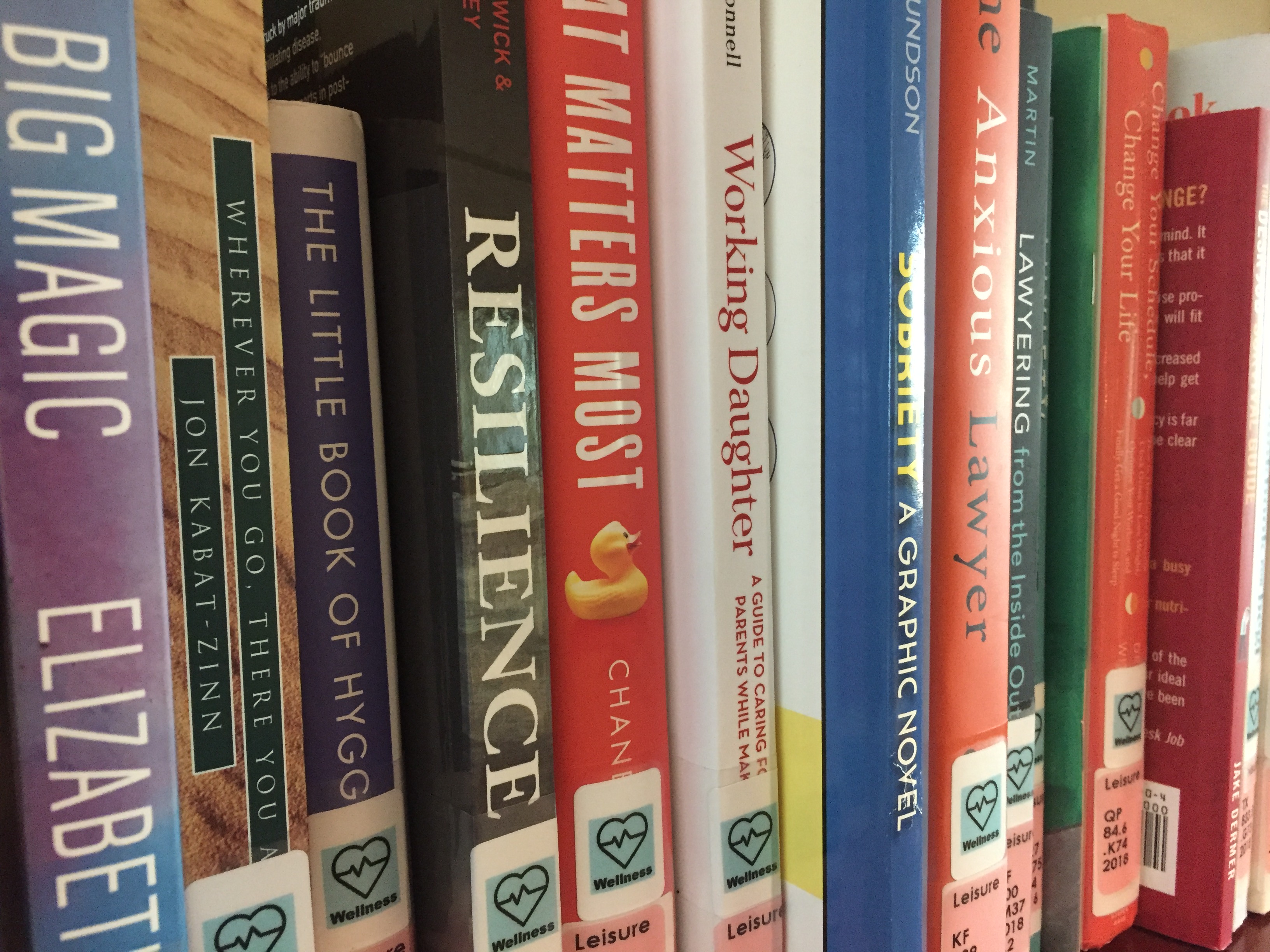
Law library awarded mini grant for wellness resources
Emory Law’s Hugh F. MacMillan Library recently received a Be Well Mini-Grant from Emory’s Office of Health Promotion.

Emory Law’s Hugh F. MacMillan Library recently received a Be Well Mini-Grant from Emory’s Office of Health Promotion.
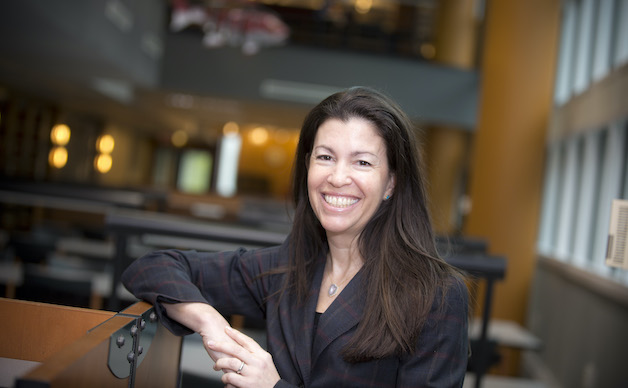
The Supreme Court has reiterated several times over the past sixty years that “students do not shed their constitutional rights to freedom of speech or expression at the schoolhouse gate.” In 1969, in Tinker v. Des Moines Independent Community School District, the court upheld the constitutional right of students to wear black armbands to school to protest the Vietnam War. Though it acknowledged that public school students’ speech rights were not as robust as they would be in the village square, the court articulated a relatively rigorous standard that requires school administrators to demonstrate a genuine prospect of a “substantial disruption” to the educational environment in order to restrict student speech.
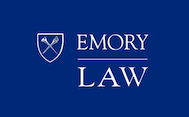
For decades, many Americans have been seeking a reversal of the Supreme Court’s decision in Employment Division v. Smith (1990), where the court held that laws burdening religious practice are subject to only rational basis review so long that they are neutral, generally applicable, and do not discriminate against or target religiously motivated conduct. Smith reversed the court’s prior First Amendment jurisprudence that subjected all laws burdening religious practice to strict scrutiny.
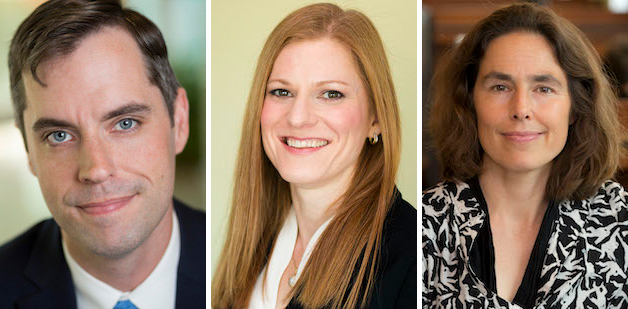
In June, the U.S. Supreme Court decided California v. Texas, the fifth Affordable Care Act (ACA) case to reach the court since the Act’s passage in 2010. California v. Texas asserted that the Tax Cuts and Jobs Act of 2017 rendered the ACA unconstitutional by amending it. The Supreme Court rejected the case on standing grounds.
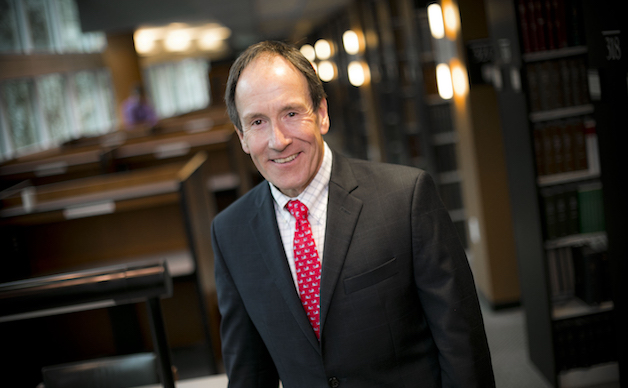
The class action is a procedural device that allows many claimants to aggregate their claims in a single case. It is an important tool for private enforcement of the law, particularly in cases involving “negative value” claims: claims so small that no one would assert them individually. Many consumer claims fall into this category. As Judge Posner famously said, “only a lunatic or a fanatic sues for $30.” Without the class action, such claims would not be asserted, which would thwart both the compensatory and deterrent goals of consumer protection laws.
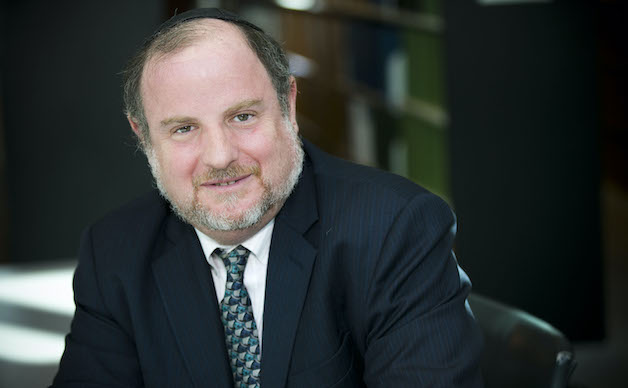
Three different times during the pandemic the United States Supreme Court stayed enforcement of limits on worship services. The last one was Tandon v. Newson, when the United States Supreme Court stayed the enforcement of yet another of California’s limits on worship services during the pandemic. In many ways, the Supreme Court’s decision was not surprising as it had done the same in a New York case nearly five months earlier and a different California case only two months prior.
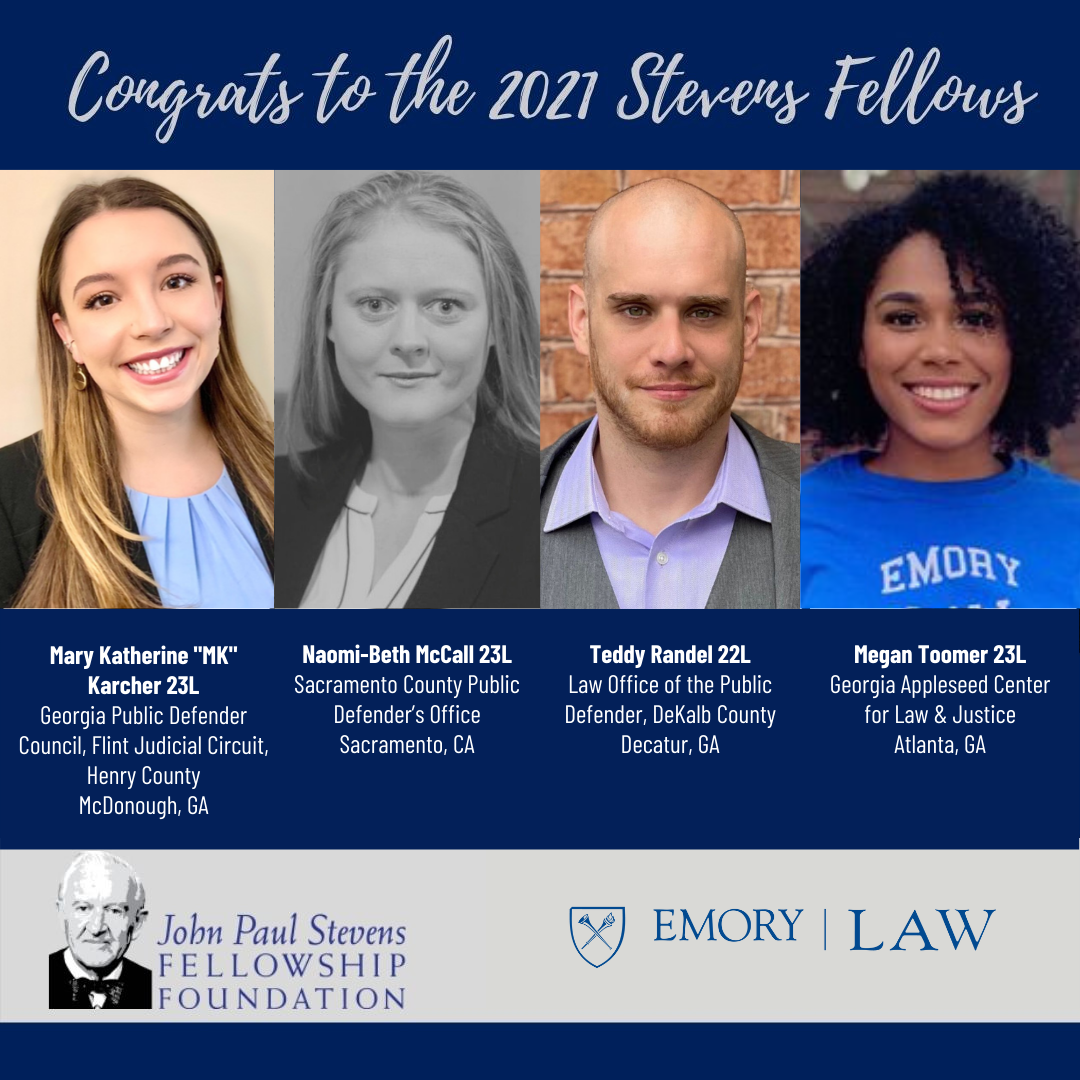
Congratulations to 2021 John Paul Stevens Fellows Mary Katherine "MK" Karcher 23L, Naomi-Beth McCall 23L, Teddy Randel 22L, and Megan Toomer 23L who received grants to work at public interest organizations across the country.